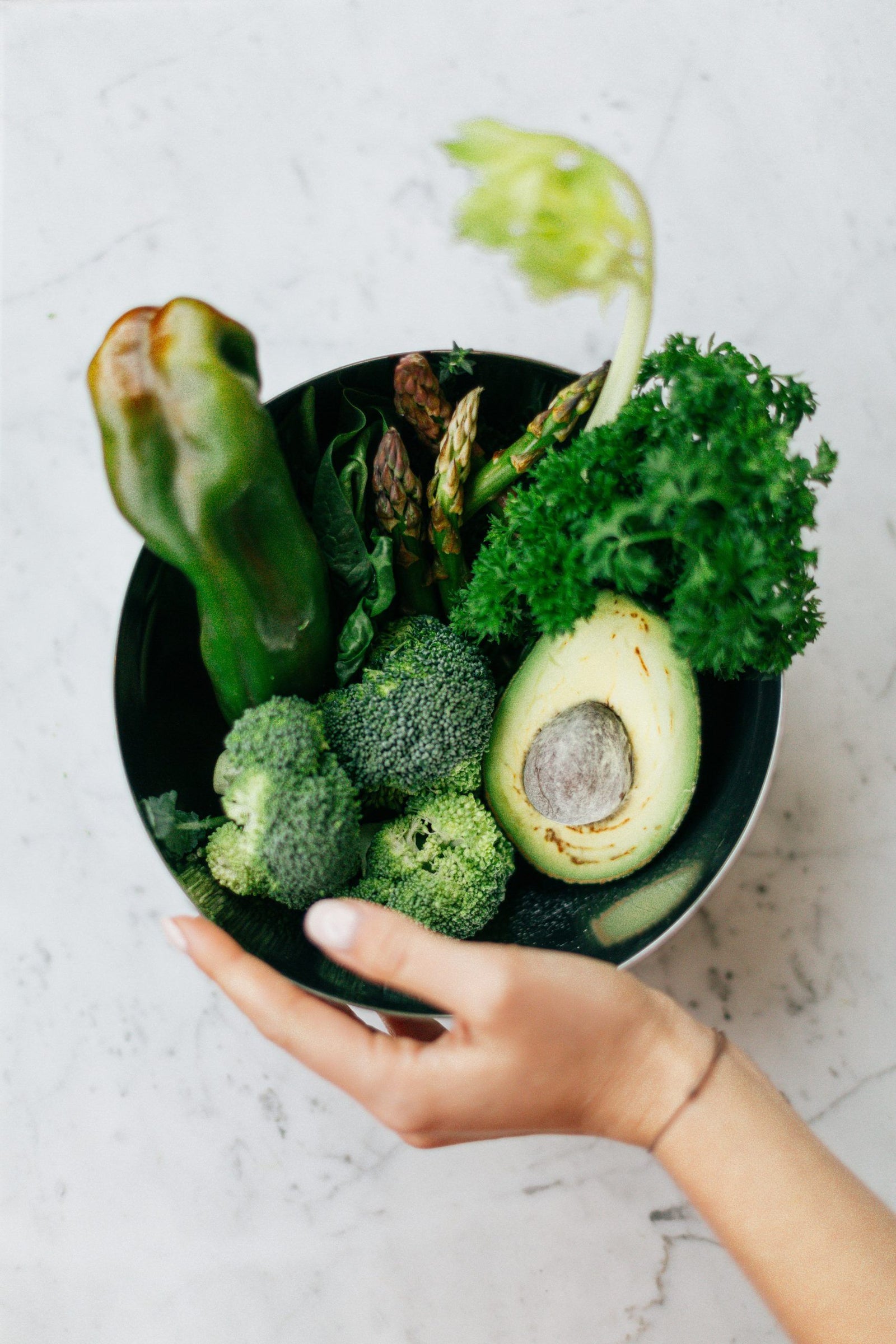[vc_row type="in_container" full_screen_row_position="middle" column_margin="default" column_direction="default" column_direction_tablet="default" column_direction_phone="default" scene_position="center" text_color="dark" text_align="left" row_border_radius="none" row_border_radius_applies="bg" overlay_strength="0.3" gradient_direction="left_to_right" shape_divider_position="bottom" bg_image_animation="none"][vc_column column_padding="no-extra-padding" column_padding_tablet="inherit" column_padding_phone="inherit" column_padding_position="all" column_element_spacing="default" background_color_opacity="1" background_hover_color_opacity="1" column_shadow="none" column_border_radius="none" column_link_target="_self" gradient_direction="left_to_right" overlay_strength="0.3" width="1/1" tablet_width_inherit="default" tablet_text_alignment="default" phone_text_alignment="default" bg_image_animation="none" border_type="simple" column_border_width="none" column_border_style="solid"][vc_column_text]
Is a gluten-free diet a lifestyle phenomenon?
The topic of gluten is always a controversial one, and you often hear that eating gluten-free is not necessary at all if you don't suffer from gluten intolerance (coeliac disease) or another wheat allergy. That it is now simply "fashionable" and more harmful than beneficial.
I would like to vehemently disagree with this statement, because in our practice we see time and again that people who "actually" have no intolerance react positively to cutting out wheat and other gluten-containing grains. In particular, people with respiratory problems such as hay fever or asthma, with autoimmune diseases and with chronic illnesses such as chronic bowel problems often respond very well.
What should you do if you want to try out whether giving up gluten is worthwhile for you?
However, I don't think that gluten-free products are a good alternative. At least not most of the time. This is because they are often highly processed and contain a lot of fast carbohydrates and sugar.
If you want to try out for yourself whether you feel better without gluten, then I would recommend it:
- First think about why you are doing it and, if necessary, get help from an expert!
- Find out exactly where gluten is found and what the potential pitfalls might be
- Choose naturally gluten-free products (such as potatoes, rice, buckwheat) or cut out starch products completely (yes, you can survive this very well).
- Give yourself a period of at least 14 days in which you give up gluten completely (100%, otherwise you don't even need to start)
- After that, try a gluten-containing food again, but only a little at first and then pay attention to how you feel
If you need help, just get in touch!
How are you doing? Have you ever given up gluten? How did it make you feel? Do you have any tips and tricks for making the switch? Or any questions? Feel free to write a comment![/vc_column_text][/vc_column][/vc_row]
















